While acknowledging the effectiveness of program accreditation, many higher education institutions have found that the mandatory accreditation requirement for all programs places significant pressure on training institutions and overloads the accreditation system.
High pressure
Dr. Nguyen Thuy Van - Permanent Vice Rector of Thanh Do University ( Hanoi ) stated: The accreditation of university training programs plays a crucial role in ensuring and improving the quality of education at the university. It helps the university determine the extent to which it meets the objectives, programs, and educational content, ensuring that learners meet the output standards of the training program. The accreditation results are proof of the quality of training, helping the university affirm its reputation and quality in training; and at the same time, continuously improve and enhance quality.
However, according to Dr. Nguyen Thuy Van, the mandatory external accreditation and evaluation of all training programs poses many difficulties for schools, such as high costs, complex procedures, and lengthy implementation times. Educational institutions must conduct program accreditation every five years.
If the school is required to complete program accreditation, the financial burden can be substantial; in addition to the official contract costs, there are also unforeseen expenses.
The program accreditation process includes self-assessment, external evaluation, verification of evaluation results, and accreditation of educational quality standards; it is carried out over a long period. Each stage requires the preparation of complete evidence, meeting the requirements of the criteria and standards, ensuring transparency and objectivity.
According to Mr. Nguyen Vinh San, Head of Administration at the University of Education ( Da Nang University): The mandatory accreditation of all training programs has encouraged universities to standardize their training processes and improve quality. However, during implementation, shortcomings have also arisen, which many experts and managers at universities have pointed out recently.
Consequently, the number of accreditation centers is small, the number of accreditors is insufficient, and the level of expertise concentration is not high, while the number of training programs is large. This leads to overload, difficulty in scheduling evaluations, and affects the progress of universities. The objectives set out in Decision No. 78/QD-TTg of the Prime Minister have not been achieved in most criteria. Program accreditation requires a large number of specialized personnel and time to prepare evidence. Each accreditation round mobilizes hundreds of people from inside and outside the university.
Furthermore, the accreditation costs for each training program are considerable, especially for public universities that are not yet financially autonomous. This pressure can lead to some instances of superficiality, compliance, chasing after achievements, and evaluating multiple training programs at once; therefore, expert recommendations for universities, or the acceptance and improvement efforts of these standards, remain limited.
"It is also unreasonable to equate all training programs in different fields, or those with varying scales and levels of impact. We lack a set of standards for specialized industries/fields, especially those with significant social impact such as health, education, law, journalism, etc.," Mr. Nguyen Vinh San added.

Decentralization of autonomy
Associate Professor Tran Trung Kien, Head of the Quality Management Board (Hanoi University of Science and Technology), stated that Hanoi University of Science and Technology has implemented accreditation for approximately 80% of its undergraduate programs; the accreditation organizations are all international. In practice, the requirement for accreditation and external evaluation of all training programs puts pressure on educational institutions in allocating resources for self-assessment and external evaluation. For lecturers, performing teaching and scientific research tasks is already a significant burden; this pressure increases even further with the considerable workload of conducting self-assessments.
"Currently, many training programs have been accredited, but the quality is not commensurate. Educational institutions tend to prioritize quantity, meeting the required number of programs, rather than focusing on improving and enhancing quality."
Furthermore, there is an unfair disparity in scale and characteristics among higher education institutions, and a lack of encouragement for the development of internal capabilities. Educational institutions will have to incur significant costs for quality accreditation activities; while the effectiveness of quality improvement depends more on the institution's internal capacity than on a single evaluation.
Based on this observation, Associate Professor Dr. Tran Trung Kien proposed delegating authority to certain educational institutions that have achieved a high level of autonomy and have attained quality accreditation, possessing robust internal quality assurance systems, to self-assess and accredit their training programs. The Quality Management Department would conduct periodic monitoring of this self-assessment process. In case of violations, the right to self-assess and accredit could be revoked. Simultaneously, emphasis should be placed on quality improvement activities and measures to monitor this within educational institutions.
Sharing the same view, Mr. Nguyen Vinh San suggested that more autonomy should be granted to higher education institutions, especially those with the capacity to conduct self-assessments and accreditation of their training programs.
Specifically, the self-assessment role is recognized as legally valid for educational institutions that have achieved a high level of accreditation and have a good internal quality assurance system, through standardized processes and regular monitoring by the management agency. Peer-assessment models among universities are encouraged, especially within groups of universities by field (such as groups of teacher training, engineering, and medical schools), to foster learning and improve the quality of training within the same field.
Mr. San also proposed applying a tiered/grouped approach to accreditation: mandatory accreditation should only be required for programs with a large scale, significant social impact, or newly launched programs that are not yet stable. Accredited training programs could renew their accreditation through a quality assurance review mechanism, or self-declare their quality assurance conditions accompanied by evidence of improvement.
Another approach is to clearly define the mandatory conditions for opening a new program, and conduct accreditation after students graduate. If the program achieves a "good" rating or higher, a second accreditation cycle is not required; only self-assessment or self-reporting, along with public disclosure of quality assurance conditions, is necessary. Strengthen mechanisms for transparency, social accountability, and post-auditing instead of comprehensive pre-auditing, in order to reduce procedural burdens and allow universities to proactively improve quality in a substantive way.
“We hope that when amending the Law on Higher Education, mechanisms and regulations will be added to grant autonomy in evaluating and accrediting training programs to competent educational institutions that have achieved system accreditation, helping universities promote international integration and improve the quality of training.” - Dr. Nguyen Thuy Van
Source: https://giaoducthoidai.vn/kiem-dinh-chuong-trinh-dao-tao-trao-quyen-nhieu-hon-post739770.html










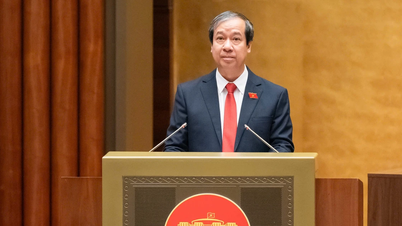
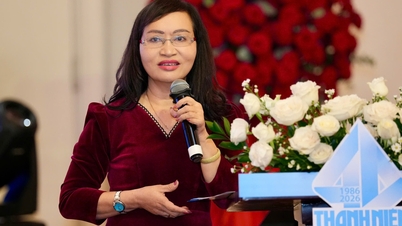

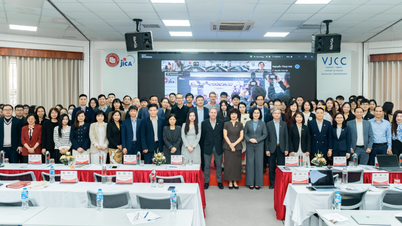



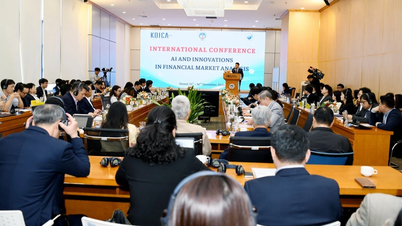






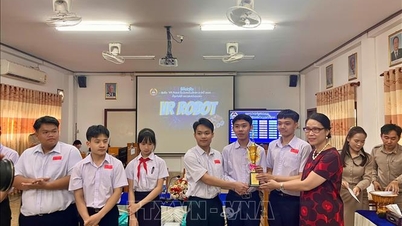






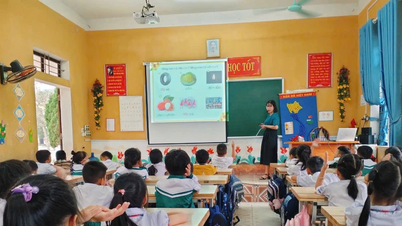

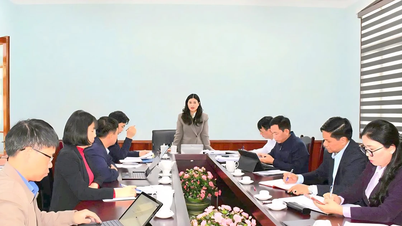



















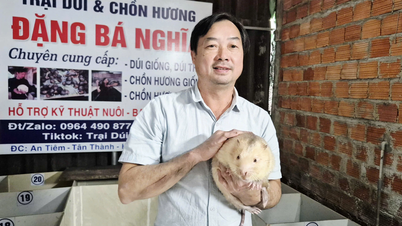

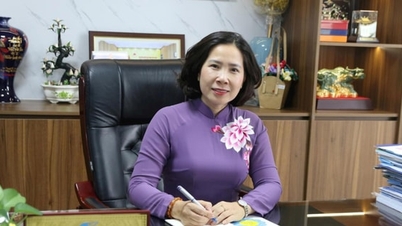





























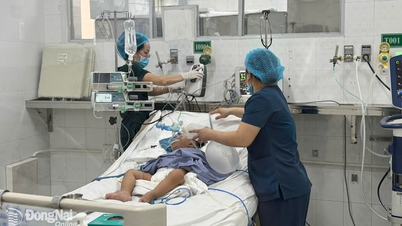




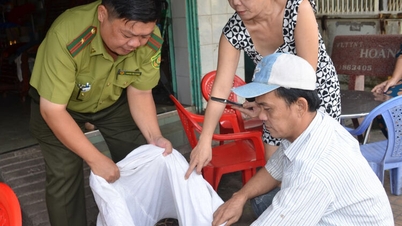

















Comment (0)